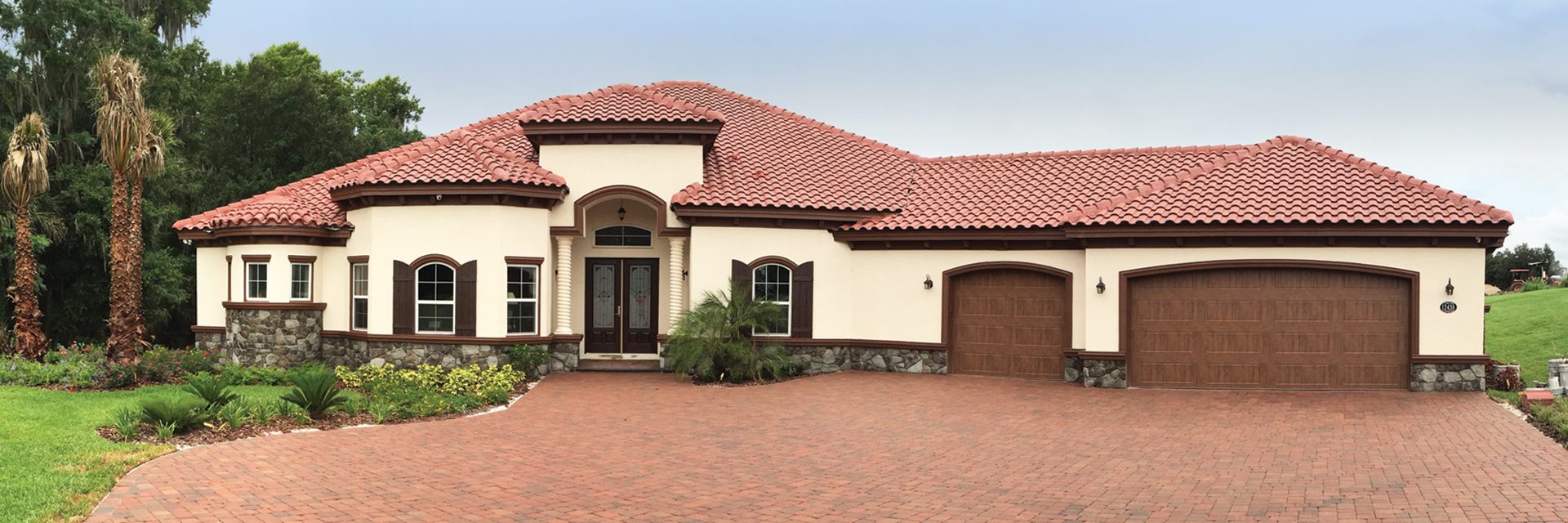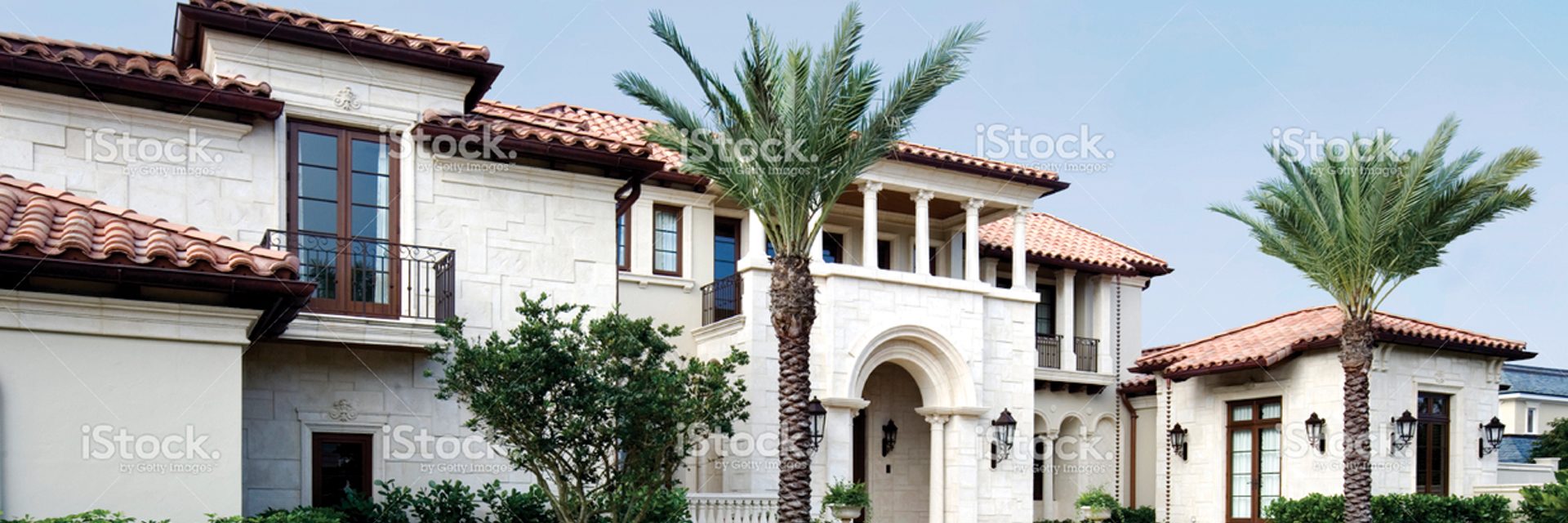Most people think that once they get pavers installed they’re good to go, but what they fail to realize is that pavers need periodic maintenance to ensure they last for years to come. You’ve invested in the beautification of your patios, decks, driveways, and other hardscapes it’s imperative you invest in regular maintenance for their longevity. We understand you have questions before sealing your pavers, so we’ve given answers to the common question we receive below.
1. Why Should I Seal My Pavers?
Pavers take a beating from rain, sun, oil, and dirt. Sealing pavers will bring back their luster and color. It also protects pavers from the elements, repels insect, and discourages weed growth. Sealing pavers also helps prevent traffic induced surface deterioration. Failing to maintain pavers leads to cracked, sunken, and uneven pavers which are a safety hazard which means you’ll likely need a paver restoration in Lutz later on. Other benefits of sealing include:
- Repels stains and grease
- Slows the growth of moss and mildew
- Prevents cracks and loosening of pavers
- Prevents corrosion
- Makes cleaning easier
- Protection against UV rays
2. How Do I Know When to Seal My Pavers?
Pavers should be sealed approximately every 3-4 years (depends on a number of factors). Some signs that pavers need sealing are the growth of weeds, the colors are fading, and water no longer beads up on the pavers. It’s a personal choice in regards to appearance. If your pavers have a lot of stains from things like barbecues and oil you could benefit from a paver cleaning in Lutz.
3. How Long Does Sealer Last?
Sealed pavers can last several years, but that depends on multiple things: exposure to the elements, whether it’s a high or low traffic area, the type and quality of paver being sealed, the type of sealer used, and how many applications of sealer was previously applied. The best way to assess this is through a consultation.
4. Why Do My Pavers Look Dull and White?
This white discoloration is known as efflorescence. Although unsightly, it’s is a natural occurrence that doesn’t damage pavers. This can happen when too much sealer is applied or not allowing pavers to dry completely before applying the sealer. The hydration of the pavers produces calcium hydroxide which then creates a white film when mixed with air.
It could also be from your previous seal job starting to fail. It may be moisture trapped under the old sealer trying to escape causing the appearance to be a white and milky look. The only way to restore this situation is to remove all of the old sealer and exposing the bare aggregate again. Let us help you with that!
To schedule a paver sealing in Lutz, please fill out our contact form or give us a call at 813-333-1709.



